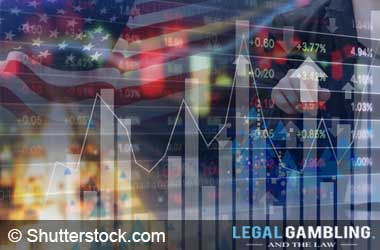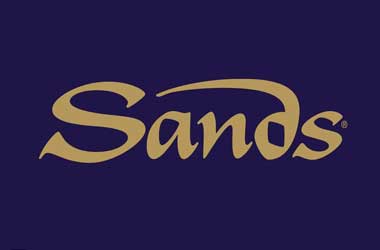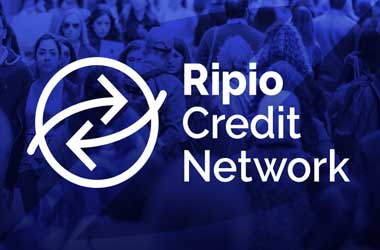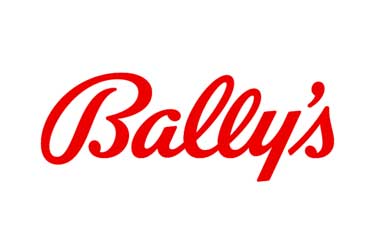 The biggest danger to the U.S. economy right now is not an outside threat but an inside one. Many experts say that President Donald Trump's belligerent stance on trade is putting the economy at great risk. The warning does appear ironic because the economy has blossomed under the Trump government.
The biggest danger to the U.S. economy right now is not an outside threat but an inside one. Many experts say that President Donald Trump's belligerent stance on trade is putting the economy at great risk. The warning does appear ironic because the economy has blossomed under the Trump government.
Financial analysts warn that while the economy does seem to be going in the right direction at the moment, storm clouds are brewing on the horizon as the risks are getting higher.
The biggest issue right now is the tariff policy that Trump has instituted. This is just one of several points of failure that has economists and experts worrying.
First of all, these new tariffs are responsible for increasing international tensions in the market as the global economy slows down. The protests against the U.S. tariffs have been voiced from numerous U.S trading partners including Canada and China. They responded with retaliatory measures and the European Union has also issued multiple threats in the same vein.
These threats have hurt global markets as the supply chain between the United States and its many international trading partners are now at risk. President Trump is expected to roll out a new tariff on July 6 that will bring in $34 million from Chinese imports. China has promised to retaliate with its own set of measures. While the United States and its trade partners continue this back and forth, investors prepare for global markets to take a hit.
CNBC Life
Americans Must Prepare For Tough Times
Financial experts warn that while most Americans may think they have more to spend because of recent federal tax cuts, they will soon be gone. The current tax cuts are set to disappear completely by 2019 which means that 2020 could be an expensive year for everyone.
Americans are also expected to slow down their spending. Domestic spending is one of the fuels of a healthy economy. If no one is buying then the economy starts to cool off. The trouble is that quite a few middle-class and low-income families have already pushed themselves to their spending limit and dipped into their savings in the past two years.
Gasoline prices and regular household commodities are expected to go up which will force families to keep a careful watch on their expenses in the coming months. The Federal Reserve is trying to control inflation before it gets bad. This is why the Fed has been slowly pushing up its interest rates. This makes borrowing a risky proposition for those who want to purchase big-ticket items like houses or cars. If the Fed raises interest rates too quickly, investors can expect the market to react accordingly.

 United States
United States United Kingdom
United Kingdom















